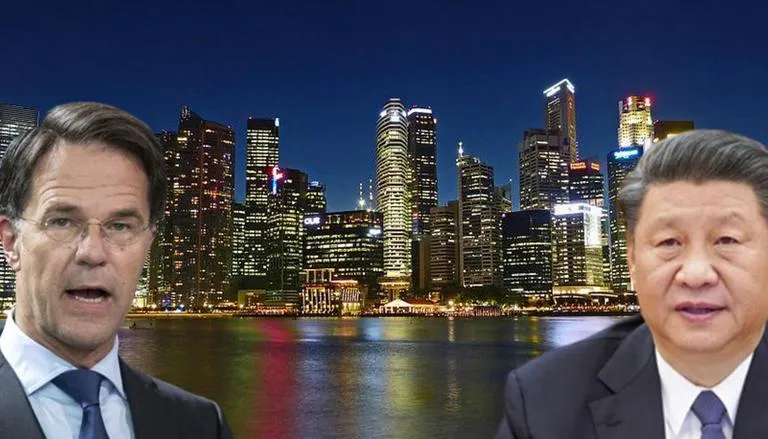Xi Jinping administration is poised to expand its trade and investment in the European subcontinent in a move that is seen as a growing threat to the west. According to Postal Plus, China has said that it would bolster its investment in technology, maritime, health and life sciences across European states, particularly the Netherlands. Here, it is important to note that China already holds a large stake in the markets of the Dutch Republic with many firms having their subsidiaries there.
Amidst growing scepticism about China ushering in a new age of economic colonialism, the Netherlands has raised alarm about security threats. The Netherlands is also one of the few countries which haven’t signed for China’s much-vaunted Belt and Road Initiative. The plan makes considerable use of European territory to connect the continent with Asia and Africa.
Meanwhile, in the Netherlands particularly, the Chinese business has seen unparalleled growth in recent years. From 2012 to 2017, the number of Chinese companies nearly doubled from 245 to 470, as per Statistics Netherlands. As per the latest update, Chinese companies have established some 570 operations in the Netherlands and the country is the third biggest investment destination for Chinese enterprises in the EU.
Even amongst that, 4 out of every 10 companies functioning in the Dutch state are involved in wholesale trade, mainly in non-food, ICT equipment and industrial machinery. Chinese entrepreneurs own the Kuwait petrol Netherlands and Chinese oil field services Jereh has already agreed to open a subsidiary in the Hague. Amidst all this, Beijing has been accused of penetrating into the country’s advanced tech sector and manoeuvring through confidential information and stealing ‘patents and copyrights.’
What is China’s belt and road initiative?
China, in 2013, proposed the Belt and Road Initiative (BRI) which also consists of the Silk Road Economic Belt and the 21st Century Maritime Silk Road. Beijing had said that the aim of the project is to build a trade, investment, and infrastructure network which would connect Asia with other parts of the world along the ancient Silk Road trade routes and even beyond.
However, China’s BRI has drawn intense fire from several countries who say that the project has become synonymous with wasteful spending, ecological destruction and massive debt burdens on other states. According to an InsiderOver report published earlier, the BRI-critical nations also said that the infrastructural plan aims to make profits for the participating nation’s leaders and Chinese companies at the cost of the natural resources or people.

